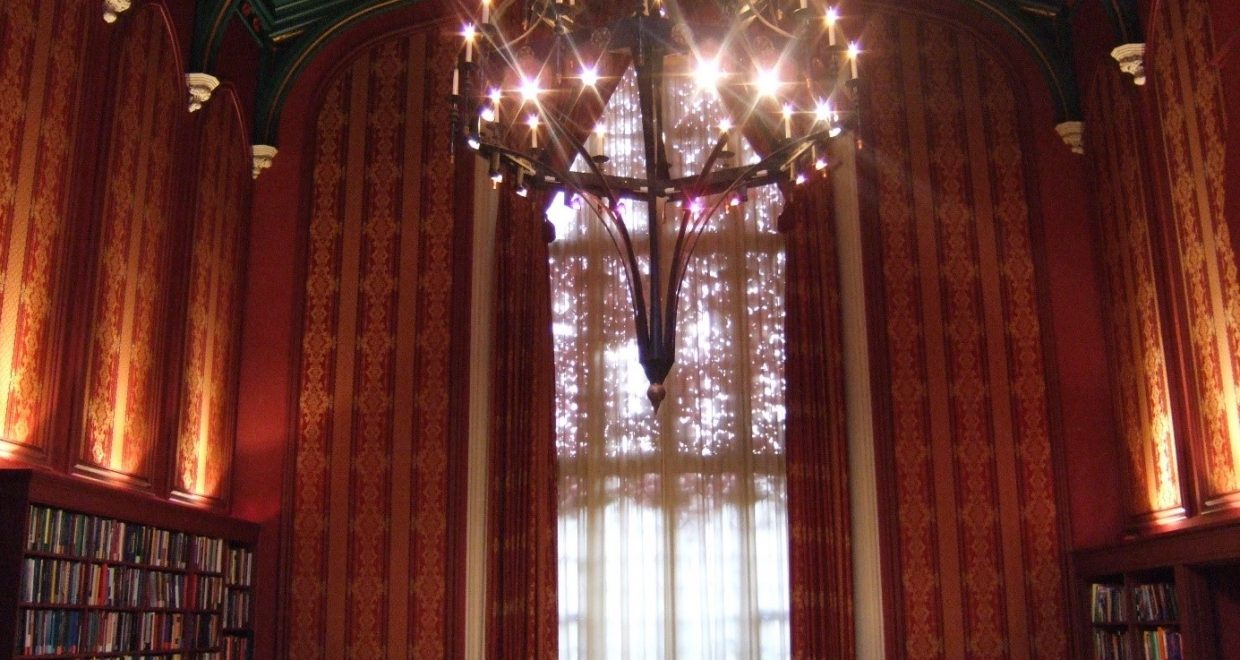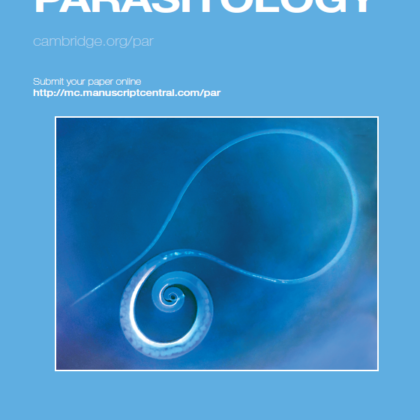How does the Press work with the University of Cambridge? The Syndicate

We kick-off our blog post series looking at how Cambridge University Press works with Cambridge University by talking to the Director of Syndicate Affairs, Kevin Taylor, about the the role of the Syndicate at Cambridge University Press.
Why does Cambridge University Press have a syndicate?
The ‘Syndicate of the Press of the University of Cambridge’ is the body established by the University under Statute to oversee the affairs of the Press.
Syndicates are appointed to govern various aspects of University life (there is for example a Sports Syndicate, a Library Syndicate and an Accommodation Syndicate), but the Syndicates of the Press and of Cambridge Assessment have special roles in governing large outward-facing organizations which generate significant revenues from commercial activity.
Who are the Syndics?
The Statutes and Ordinances of the University of Cambridge provide the constitutional framework that allows the University to govern its affairs
Chapter I of the Ordinances of the University of Cambridge determines that the Press Syndicate shall consist of:
- The Vice-Chancellor of the University or a duly appointed deputy as Chair;
- A University Officer appointed by the Council;
- Sixteen members of the University Senate appointed by the Council in the Michaelmas Term to serve for four years from 1 January following their appointment.
These 18 Syndics are supplemented by the Secretary of the Syndicate, who is the Chief Executive of the Press (Peter Phillips). The Chair is currently the V-C Professor Stephen Toope; and the University Officer Syndic is the Librarian Dr Jessica Gardner.
How are the Syndics chosen?
New Syndics may be suggested either by the Press or by the University. In practice suggestions often tend to come from within the Press, but they are then subject to a formal process involving ACCMEN (the University Advisory Committee on Committee Membership & External Nominations) which puts a case to the University Council for approval.
Not every proposal is accepted, and issues of diversity and gender-balance weigh very heavily with the Council currently.
What is the role of the ELT & Education Publishing Committee?
The purpose of this Committee is:
- To undertake quality assurance, ensuring the maintenance of high editorial standards across the Press’s ELT & Education publishing;
- To review, monitor and advise on the Press’s ELT & Education publishing strategy;
- To oversee, with a right of approval, the Press’s proposed ELT & Education publishing programmes, courses, series and major initiatives, ensuring high editorial and ethical standards.
What is the role of the Academic Publishing Committee?
The purpose of this Committee is:
- To review, monitor and advise on the Press’s Academic publishing strategy (books and journals);
- To review and approve the Press’s proposed Academic publications (books and journals) on a title-by-title basis;
- To undertake quality assurance, ensuring the maintenance of high editorial and ethical standards across all of the Press’s Academic publishing.
How come we share some committees with Cambridge Assessment?
Since 2017 the governance of Cambridge University Press and Cambridge Assessment has been converging. While the two organisations still have separate Syndicates, many members are common to both bodies.
Furthermore, there has been since 2017 one single operating board (the ‘Press & Assessment Board’) for both organisations, which consists of non-executives plus the two CEOs; and one single Audit Committee, Remuneration Committee, and Nominations Committee.
This reflects the move towards a Single Strategy for the Press and Assessment, which we are now beginning to see implemented at other levels.
You can find out more about the Cambridge University Press Syndicate here.






